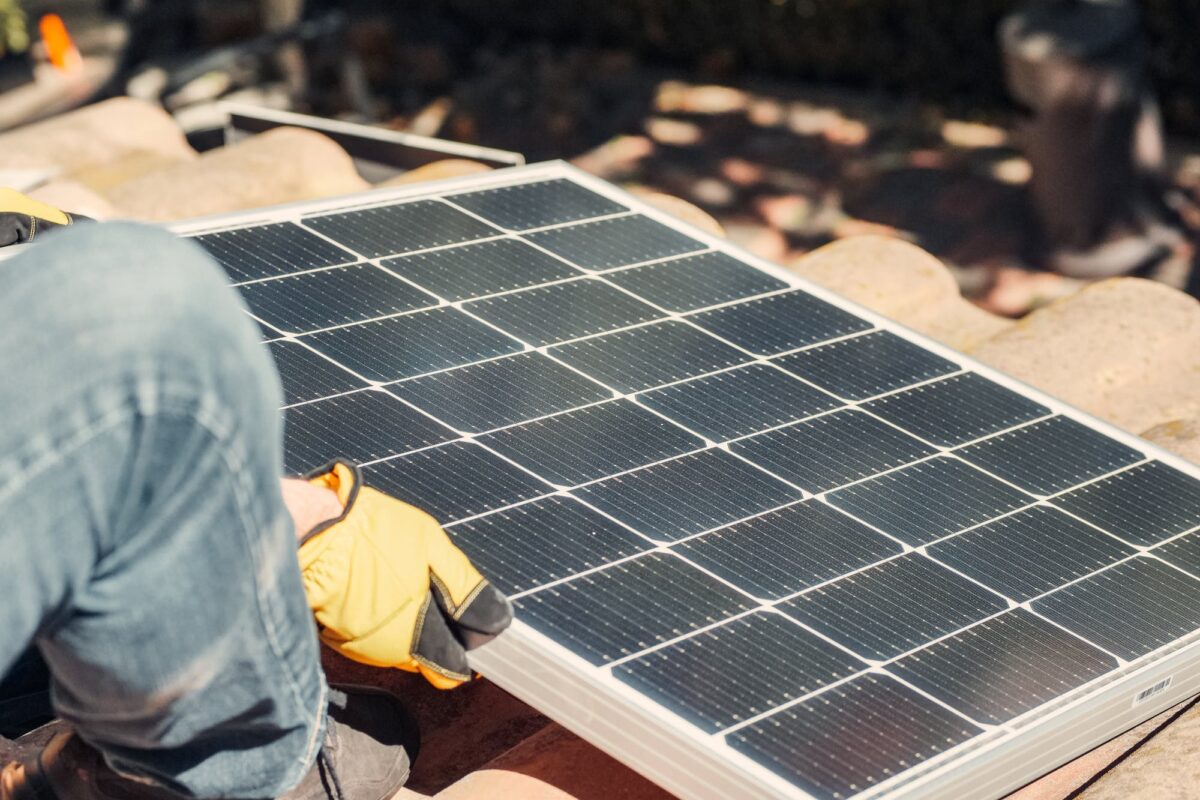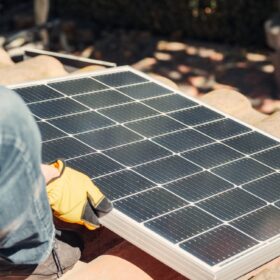The U.S. International Trade Commission (USITC) issued its determination on the Section 201 tariffs on solar cells and modules, recommending a four-year extension of the solar tariff, with annual declines of .25% starting in February.
The Solar Energy Industries Association (SEIA) noted that the tariffs, imposed by President Trump in January 2018, have not spurred enough domestic manufacturing to meet U.S. solar demand. And it is this capacity that is needed to help meet President Biden’s climate and energy goals. SEIA also pointed out that the tariffs also failed to create jobs, instead resulting in “significant” job losses.
SEIA president and CEO, Abigail Ross Hopper, commented on the proposal, stating that, “years of tariffs have not moved the needle nearly enough to justify the USITC’s recommendation”. Noting that President Biden has set a “bold vision” of becoming a world leader on clean energy, “extending these tariffs will hold us back from realizing that vision,” Hopper said. She urged the President to enact policy to grow U.S. manufacturing, and acknowledged that Senator Ossoff’s amendment in the Build Back Better Act is what she considers “the first investment our nation has made to truly incentivize domestic solar production after years of punitive import duties on U.S. companies.”
She implored the President to not make “the same mistake” as the previous administration. “It’s time to let these ineffective tariffs end and start a new era of American clean energy leadership,” Hopper concluded.
SEIA notes that since the Section 201 tariffs were imposed in 2018, the U.S. solar industry has “missed out on” more than 62,000 jobs, $19 billion in private sector investment, and more than 10 GW of solar deployment. Hopper cautioned that extending the tariffs will “worsen the supply chain bottlenecks that are already throttling America’s clean energy sector.”
The President will make a final decision on whether to extend the tariffs or end them, thereby potentially boosting U.S. clean energy deployment.
This content is protected by copyright and may not be reused. If you want to cooperate with us and would like to reuse some of our content, please contact: editors@pv-magazine.com.









By submitting this form you agree to pv magazine using your data for the purposes of publishing your comment.
Your personal data will only be disclosed or otherwise transmitted to third parties for the purposes of spam filtering or if this is necessary for technical maintenance of the website. Any other transfer to third parties will not take place unless this is justified on the basis of applicable data protection regulations or if pv magazine is legally obliged to do so.
You may revoke this consent at any time with effect for the future, in which case your personal data will be deleted immediately. Otherwise, your data will be deleted if pv magazine has processed your request or the purpose of data storage is fulfilled.
Further information on data privacy can be found in our Data Protection Policy.